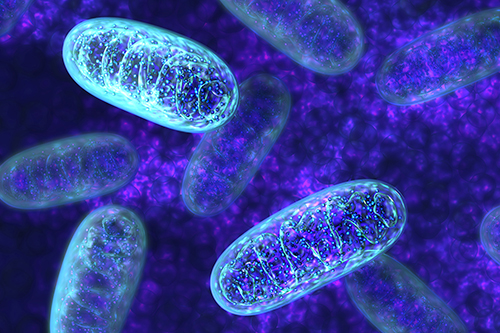Medical Genomics and Metabolic Genetics Branch
NHGRI study highlights role of mitochondria in immune response
A new study highlights how genomic mutations that cause mitochondrial disease may also compromise affected people's immune response.
Last updated: June 8, 2017




